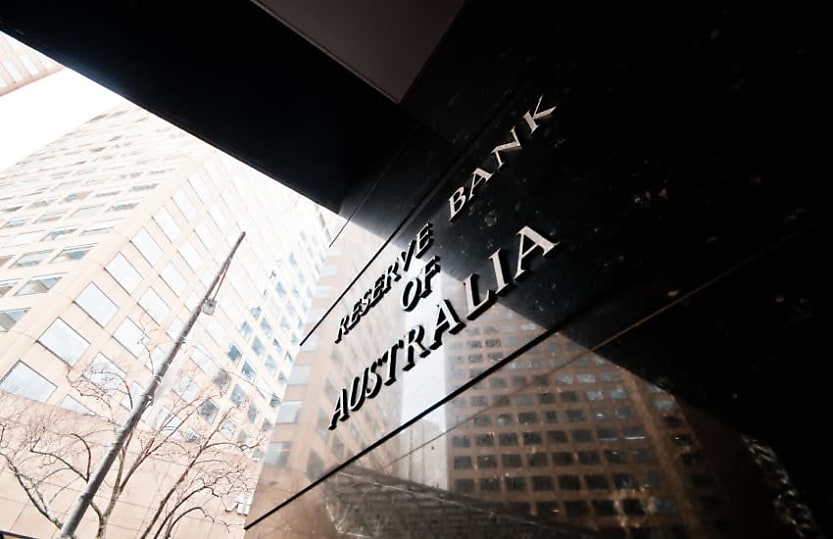RBA delivers September 2025 rate call

The Reserve Bank has delivered its highly anticipated September interest rate decision.
On Tuesday (30 September), the RBA held the cash rate steady at 3.6 per cent in a unanimous decision, aligning with market and economist expectations.
In its September statement on monetary policy, the RBA board said:
“Inflation has fallen substantially since the peak in 2022, as higher interest rates have been working to bring aggregate demand and potential supply closer towards balance. Both headline and trimmed mean inflation were within the 2–3 per cent range in the June quarter. Recent data, while partial and volatile, suggest that inflation in the September quarter may be higher than expected at the time of the August Statement on Monetary Policy.”
The hold was widely anticipated by markets and economists after the RBA cut interest rates by 0.25 percentage points in August as part of its cautious and gradual easing cycle.
At market close on Monday (29 September), the ASX RBA rate tracker priced in a 96 per cent chance of a hold and a 4 per cent chance of a cut.
Accounting Home Loans director of sales, Cullen Haynes, told Accounting Times that today’s decision had provided continued stability for borrowers.
“The current average interest rate range is now 4.9 per cent to 5.6 per cent. If you didn’t receive a rate reduction from the August cash rate cut, make sure to get in contact with your lender or broker as soon as possible,” he said.
“If you’re considering purchasing a property, now is a good time to get your pre-approval in place. With three cash rate cuts in 2025, your borrowing power has likely improved, potentially expanding your options in the market. Having pre-approval ready ensures you can move quickly when you find the right property.”
In the lead-up to the RBA’s September interest rate decision, Commonwealth Bank, Westpac, NAB and ANZ each predicted that the RBA would hold the cash rate steady in September.
Last Wednesday (24 September), it was revealed that the August headline inflation rate had climbed to 3 per cent, its highest rate since July 2024. The hotter-than-expected inflation reading dampened any lingering expectations of a September rate cut.
“Anyone who thought there was a lingering chance of a cut next week will have ruled it out following this week’s August partial inflation data,” Luci Ellis, chief economist at Westpac Group, said last Friday (26 September).
Dale Gillham, founder and chief analyst at Wealth Within, said the RBA’s decision to hold was expected.
“The central bank’s decision today to maintain the cash rate at 3.6 per cent was expected because inflation has climbed back to 3 per cent, the ceiling of its target band, while wages are still growing at nearly 6 per cent (about double the long-term average) and unemployment remains tight at 4.2 per cent compared with the historical 5 per cent norm,” he said.
“With that mix of hot wages, firm jobs and sticky prices, the RBA has signalled it won’t risk moving early. Instead, it is anchoring policy to the 29 October quarterly CPI, which it views as far more reliable than monthly data. That makes November the first genuine opportunity for change, with December the more likely window. Ultimately, what’s at stake is credibility: a premature cut in the face of persistent inflation would threaten market trust, lift borrowing costs, and weaken confidence in the bank’s ability to steer the economy.”
Prior to the September interest rate decision, all of the “big four” banks expected another 25-basis-point rate cut in November, although forecasts are set to change based on incoming data flows including the September quarter CPI and labour market data.
Following the RBA’s Tuesday decision, RSM Australia economist Devika Shivadekar echoed this prediction, saying: “We continue to hold our view that the next 25 bps cut will come in November, ending the year at 3.35 per cent.”
Commonwealth Bank economists noted that the August CPI data indicated “material upside risks” to September’s quarterly inflation, but softer employment figures and moderating wage growth could bolster the case for a November rate cut.
“While a November timing of the next cut is now less certain, it remains our base case. We do not read either the August result or latest geopolitical developments as implying a renewed inflationary trend,” Westpac’s Ellis said.
BDO chief economist Anders Magnusson said that the RBA would likely hold off on further interest rate cuts until the economy showed signs of strain.
“Looking ahead, the RBA has one or two more cuts available before policy settings return to neutral. It will want to hold onto these until the economy shows it really needs them. Beyond that, further cuts would only come in response to bad news, not a scenario anyone should wish for,” he said.
Shivadekar said that the decision to hold reflected the uncertainty of the current economic landscape.
“With global trade tensions and geopolitical risks lingering, and the full impact of earlier rate cuts still playing out, the RBA is preferring to ‘wait and see’ while remaining ready to act if conditions change,” she said.
Article updated to include additional commentary.
About the author

